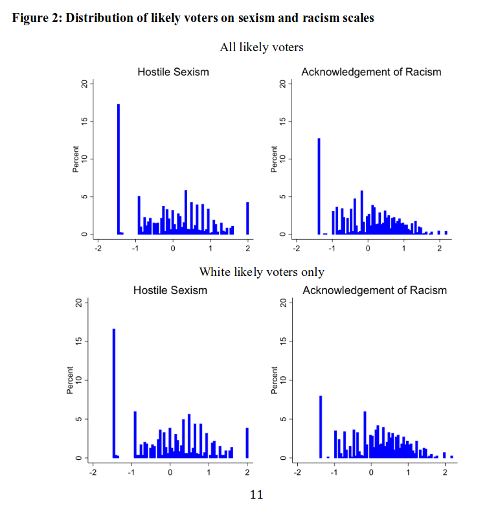Yesss, he's an anti-globalist. That's what the term means.
Oh, absolutely, some people did. Like 14 year olds and Russian intelligence agents, for example.
Most voters didn't.
Come on, dude. Trump vs Clinton was won along
hard economic opportunity lines.
http://fivethirtyeight.com/features/education-not-income-predicted-who-would-vote-for-trump/
Educated, creative and knowledge workers are the winners under globalism because they bring skills with no foreign substitute. Uneducated people are the great losers under globalism. They're the ones competing directly against foreign labor. This is the difference that jumps off the page. Not income, not ethnic conflict, or xenophobia, or religion, or culture by any measure that I can identify. The critical difference is how well the people in that district are prepared to compete in a global labor market.
The outcome is obviously a question of economics. Not the sole factor, but so significantly about economics that it's frankly not even worth talking about the other ones. They simply did not matter at all.
You were kinda being flippant. Trump ran on a comprehensive platform of anti-globalism and market protectionism. The wall is how an idiot tries to protect the American labor market against illegal immigration. Maybe it was his signature policy recommendation but it's hardly his only one.
A very, very, ridiculously tiny proportion of people organize politically at all, let alone by group identity.
Most don't give a ****. And even if they did, by definition most people are
normal and
normal people don't have groups to which they automatically belong.
Because Trump was blaming globalism for it.

![http://s3.crackedcdn.com/phpimages/article/0/4/9/603049_v2.jpg [http://s3.crackedcdn.com/phpimages/article/0/4/9/603049_v2.jpg]](http://s3.crackedcdn.com/phpimages/article/0/4/9/603049_v2.jpg)
